In the ever-evolving landscape of the gaming industry, even giants like Sony stumble. The recent shutdown of their ambitious live-service game, Concord, just 11 days after its launch, sent shockwaves through the gaming community. Now, Sony President Hiroki Totoki provides insights into the factors that contributed to this high-profile failure, offering valuable lessons for the future of game development.
Concord, a hero-based shooter developed by Firewalk Studios, was touted as Sony’s foray into the lucrative live-service market. However, despite the hype and anticipation, the game failed to resonate with players, leading to its swift demise. This unexpected turn of events has prompted a period of introspection at Sony, with Totoki leading the charge in analyzing the missteps that led to Concord’s downfall.
During a recent Q&A session following Sony’s financial earnings call, Totoki candidly addressed the Concord debacle, shedding light on the internal shortcomings and strategic miscalculations that plagued the project. His reflections offer a rare glimpse into the challenges of developing live-service games and the importance of adapting to an ever-shifting market.
Lack of User Testing and Internal Evaluation
One of the critical factors Totoki identified was the lack of adequate user testing and internal evaluation during Concord’s development. He acknowledged that the company should have implemented more “gates” to assess the game’s progress and gather feedback.
“We probably need to have a lot of gates, including user testing or internal evaluation, and the timing of such gates,” Totoki stated. “And then we need to bring them forward, and we should have done those gates much earlier than we did.”
This lack of feedback loops meant that potential issues with the game’s core mechanics, gameplay loop, and overall appeal went unnoticed until it was too late. By the time the open beta was launched, just a month before the official release, it became evident that Concord was not resonating with players. However, by then, it was too late to make significant changes.
Siloed Organizational Structure
Totoki also pointed to Sony’s “siloed” organizational structure as a contributing factor to Concord’s failure. He believes that the lack of seamless communication and collaboration between different departments, such as development and sales, hindered the project’s progress.
“Also, we have a siloed organization, so going beyond the boundaries of those organizations in terms of development, and also sales, I think that could have been much smoother,” Totoki admitted.
This lack of cross-departmental synergy likely resulted in a disconnect between the game’s development and its marketing and distribution, further exacerbating the issues stemming from the lack of user feedback.
Market Saturation and Cannibalization
Another crucial aspect Totoki highlighted was the challenge of launching a new live-service game in an already saturated market. He emphasized the importance of selecting the right release window to avoid cannibalizing the player base of other successful titles, both first-party and third-party.
“We do have many different windows,” Totoki explained. “And we want to be able to select the right and optimal window so that we can deploy them on our own platform without cannibalization, so that we can maximize our performance in terms of title launches.”
This suggests that Concord’s release might have been overshadowed by other popular live-service games or even Sony’s own titles, making it difficult to attract and retain a dedicated player base.
Learning from Successes and Failures
Despite the setback with Concord, Totoki remains optimistic about Sony’s future in the live-service market. He emphasized the importance of learning from both successes and failures, citing the successful launch of Helldivers 2 as a contrasting example.
“We launched two live-service games this year,” said Sadahiko Hayakawa, Senior Vice President for Finance and IR at Sony. “Helldivers 2 was a huge hit, while Concord ended up being shut down. We gained a lot of experience and learned a lot from both.”
Sony intends to share the lessons learned from Concord across its studios, focusing on improving title development management, content expansion, and service scaling. This commitment to continuous learning and adaptation is crucial for navigating the dynamic landscape of the gaming industry.
The Future of Live-Service Games at Sony
Concord’s failure has undoubtedly dealt a blow to Sony’s ambitions in the live-service arena. However, the company’s willingness to acknowledge its mistakes and learn from them is a positive sign. By addressing the issues of user feedback, organizational structure, and market timing, Sony can increase its chances of success in future live-service endeavors.
The gaming industry is constantly evolving, and the live-service model remains a lucrative but challenging frontier. Sony’s experience with Concord serves as a valuable reminder that even the biggest players can stumble. However, by embracing a culture of learning and adaptation, Sony can leverage its vast resources and talented studios to create compelling and successful live-service experiences that resonate with players worldwide.
The failure of Concord has provided Sony with valuable insights into the complexities of developing and launching live-service games. By addressing the shortcomings in user testing, organizational structure, and market timing, Sony can refine its approach and increase its chances of success in this competitive landscape. The lessons learned from Concord will undoubtedly shape the future of live-service games at Sony, paving the way for more engaging and sustainable gaming experiences.

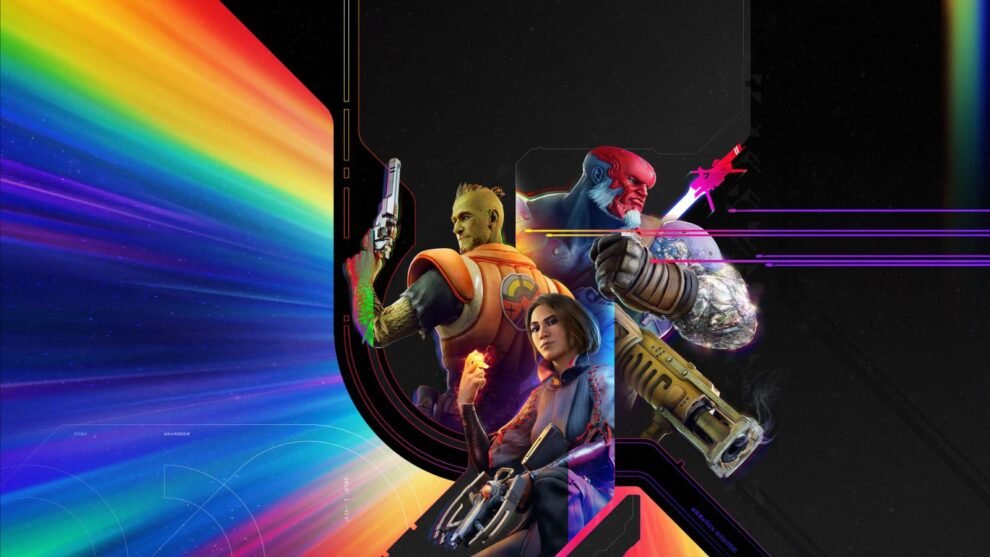
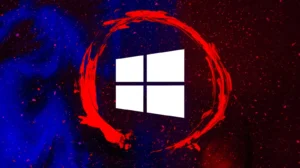
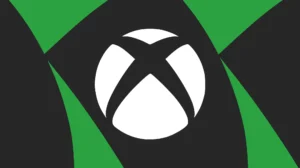

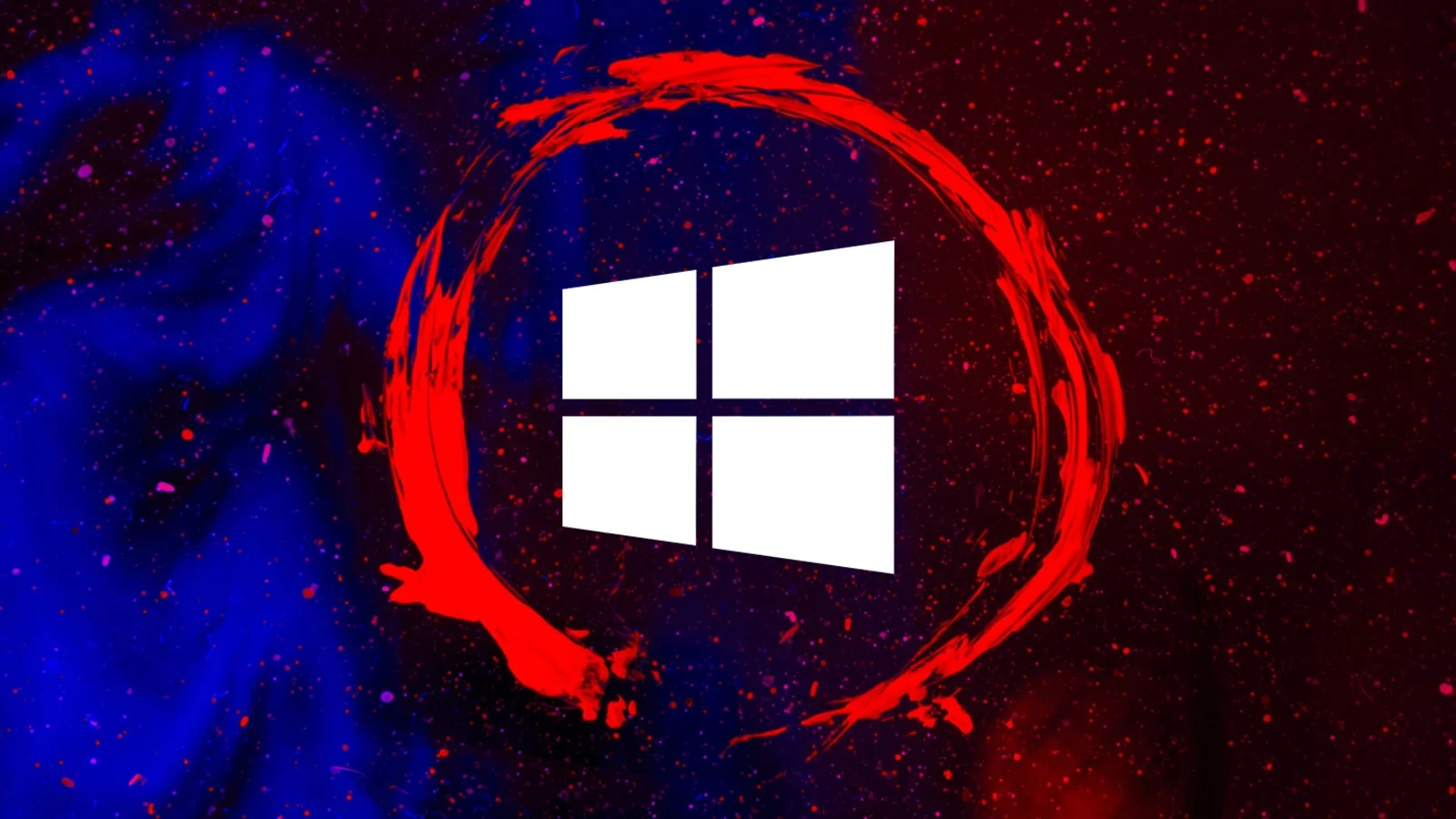
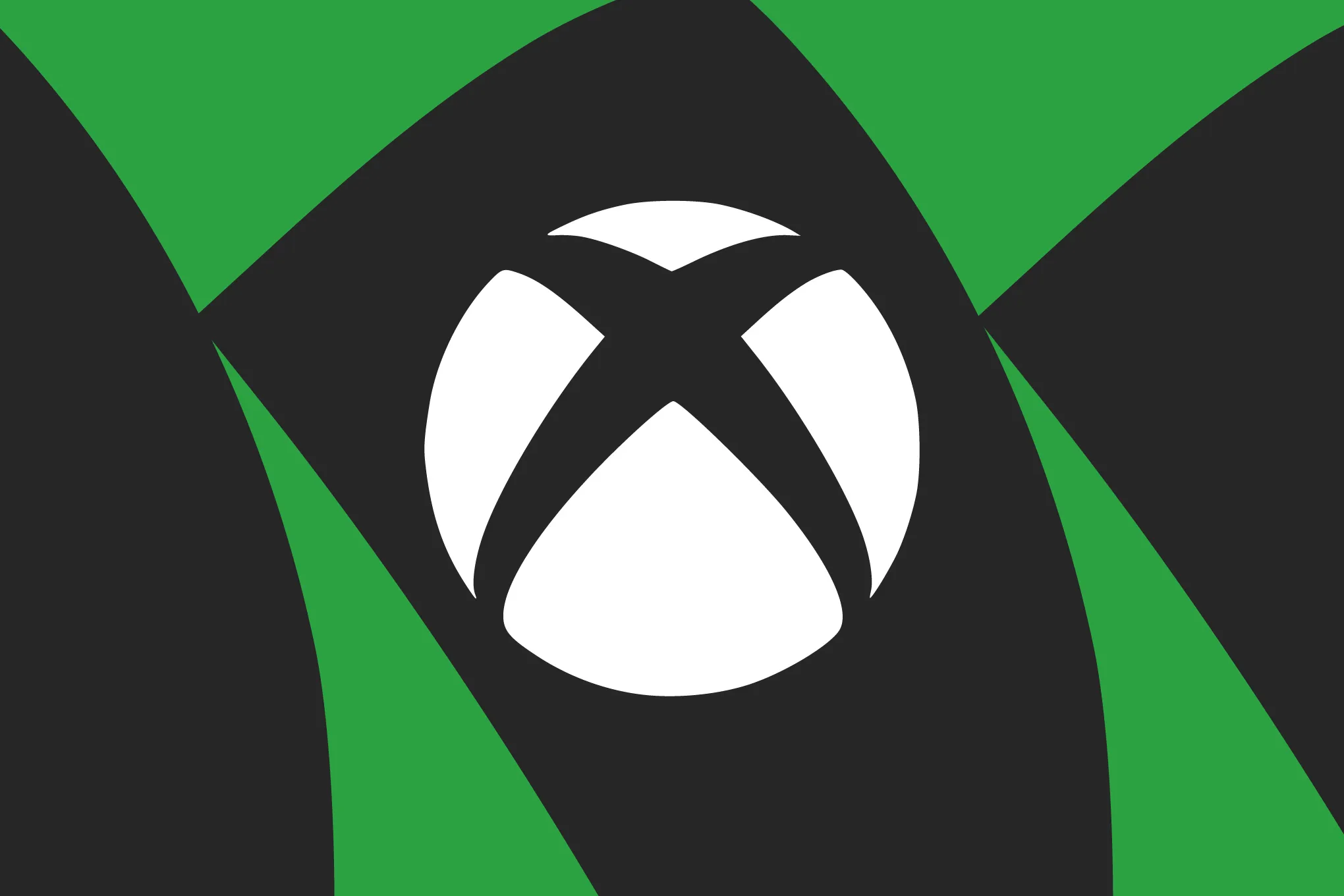

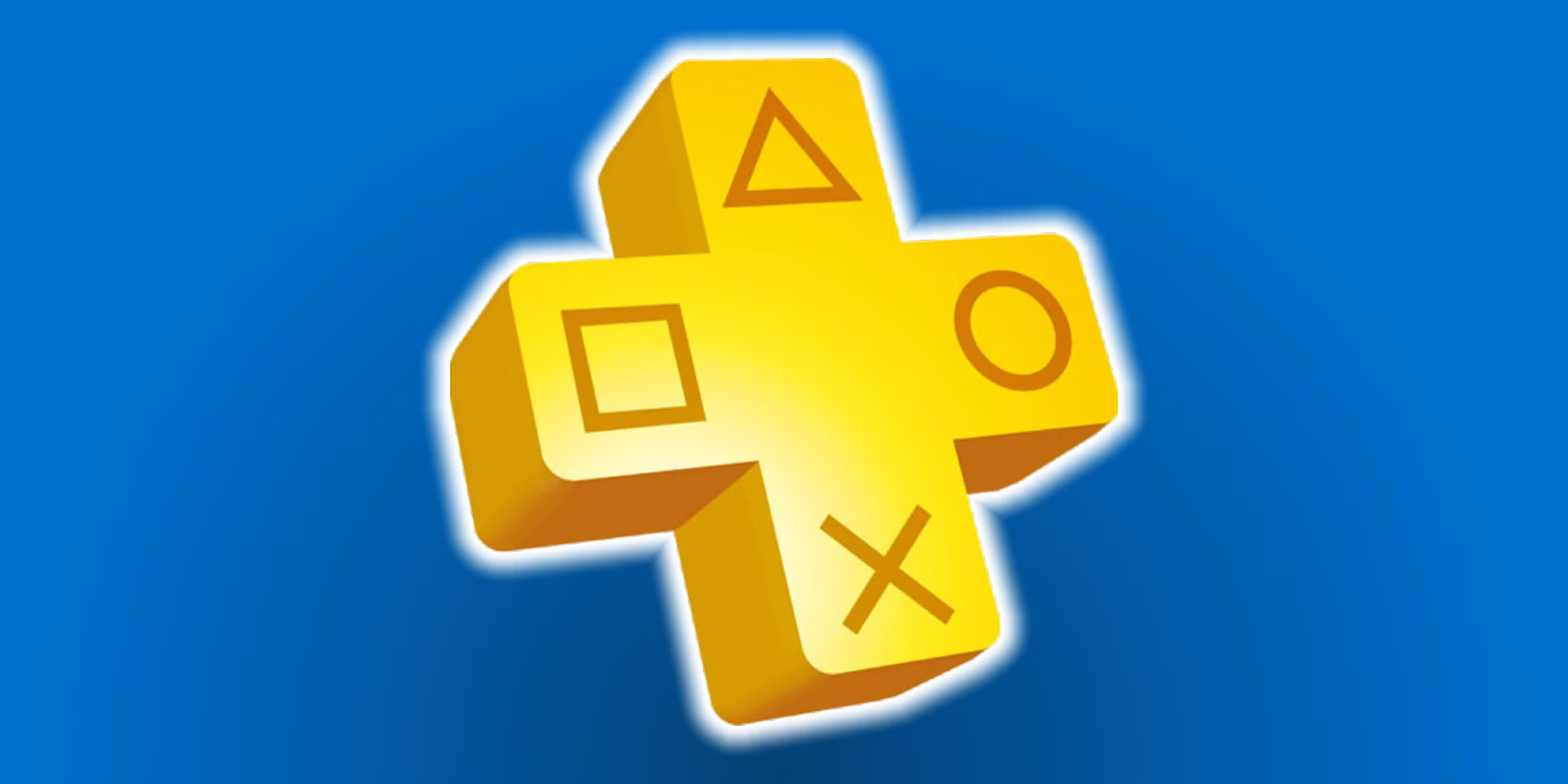
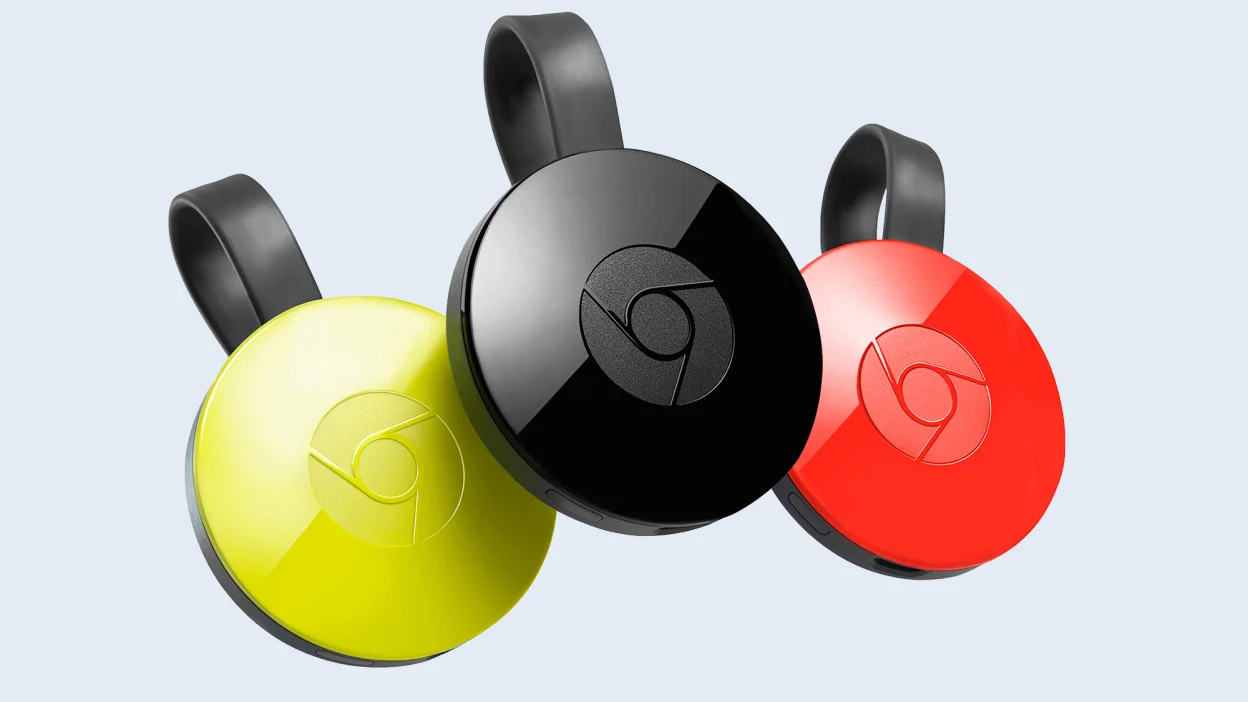









Add Comment